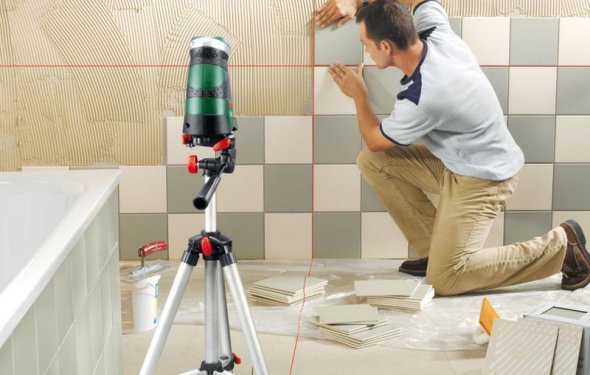Ceramic Tiles On The Wall

 For several centuries in a row, the ceramic plug has been used to cover the walls of the premises. This material won popularity by no accident: it is considered clean, proved to be sustainable, reliable, practical. Plitca attracts buyers of wealth of forms and the diversity of facture. However, it is possible to assess all the advantages of the cafeteria only by making a good name.
For several centuries in a row, the ceramic plug has been used to cover the walls of the premises. This material won popularity by no accident: it is considered clean, proved to be sustainable, reliable, practical. Plitca attracts buyers of wealth of forms and the diversity of facture. However, it is possible to assess all the advantages of the cafeteria only by making a good name. But do many people know how to put a stick on the wall? Most have a very vague picture of this technology and usually trust its application to specialists. However, it would be a wish to learn the process of laying. Next, we will detail all his steps.
But do many people know how to put a stick on the wall? Most have a very vague picture of this technology and usually trust its application to specialists. However, it would be a wish to learn the process of laying. Next, we will detail all his steps.
 We need:
We need:
- The chair itself;
- Plit glue (accounted for by surface and type of space);
- laundry, stitch seal;
- Truck, scapula;
- crosses 1, 5 to 2 mm (between to ensure the same distance between them);
- Perforator with glue substitution;
- capacity (10-15 l) to replace solution;
- A plug or a glazing;
- Café slice;
- Line;
- pencil or piece of mela for marking;
- Steering;
- Level;
- Long (1 m) wooden bruises (assisted in bladding);
- steel terrace or dental bra for gluing;
- Therc for stitches or rubber whipter for washing;
- a glue shop in hard-to-reach places;
- A finest stone for stacking sharp edges that emerged after the stove was cut;
- Stickers for stoves;
- The painted ribbon, spanned 3 mm for the openings under the pipe;
- nails and inch (to be necessary for the anchorage of the rivers).
Plitre
In order to determine how many stoves you need, measure the surface area and divide it into 1 stove (which may vary). The figure should be increased by at least 10 per cent in case of productive marriage, repairs and unforeseen situations.
The plug is easily on walls that do not have significant irregularities and congestion. The better the surface can be prepared, the easier it will be. Otherwise, it will be necessary to regulate the intersections at all times, with more or less glue in the face-to-face process.



